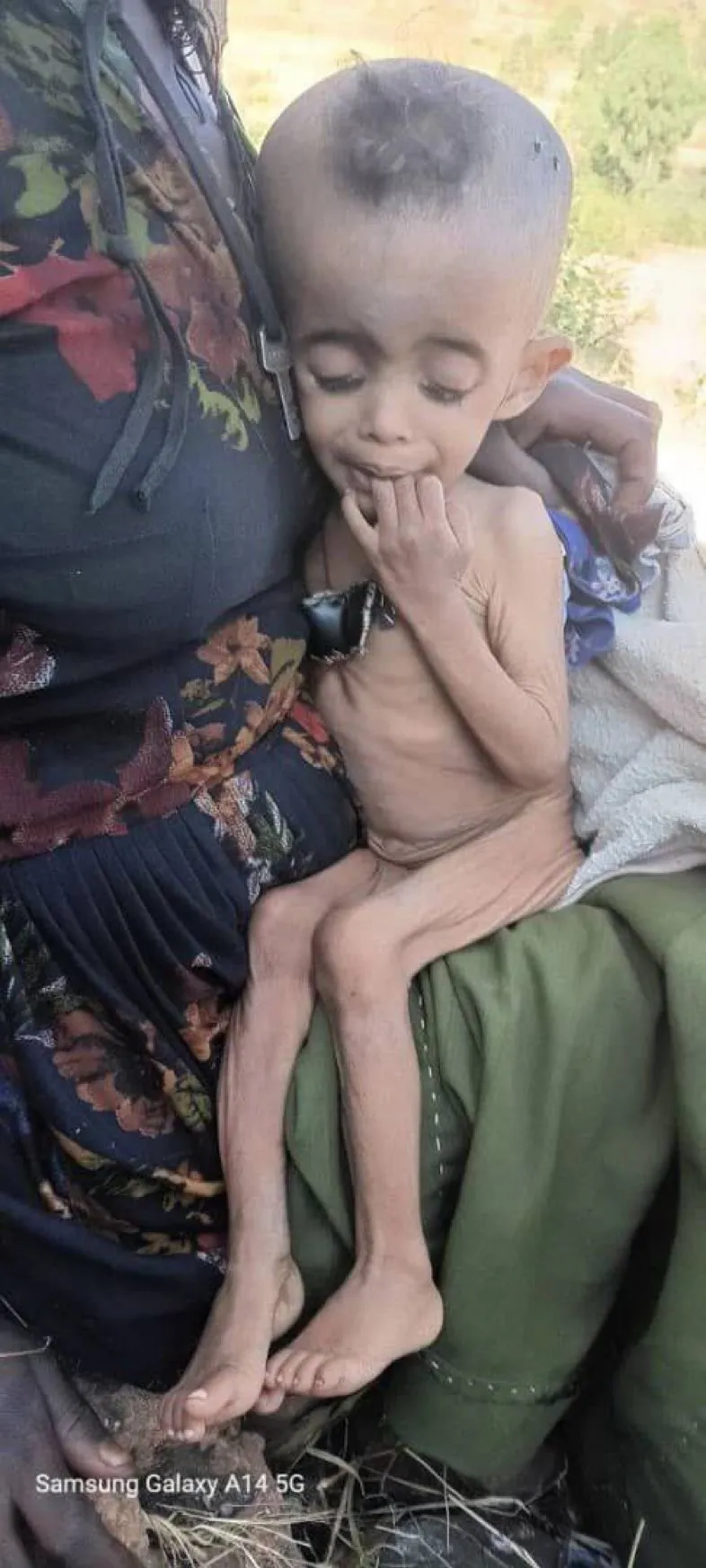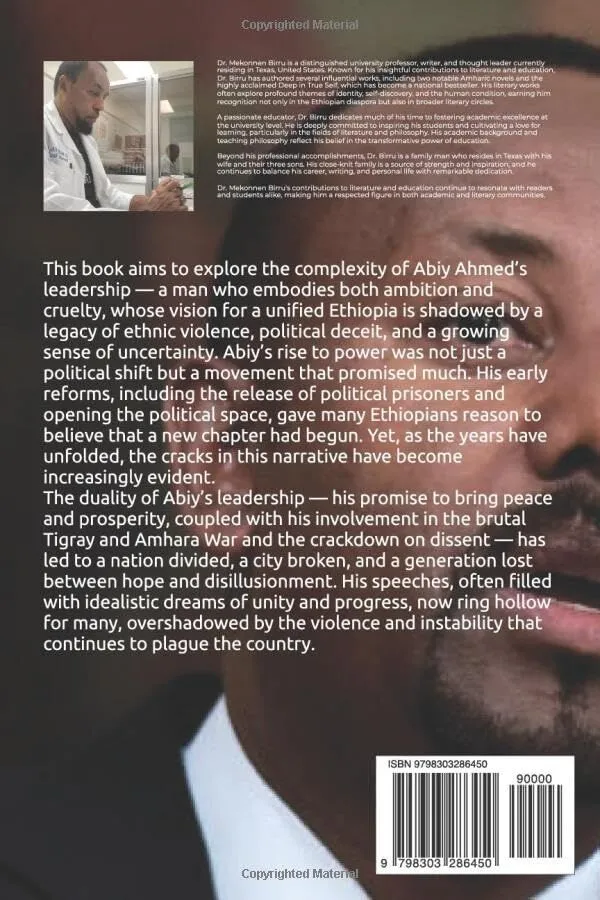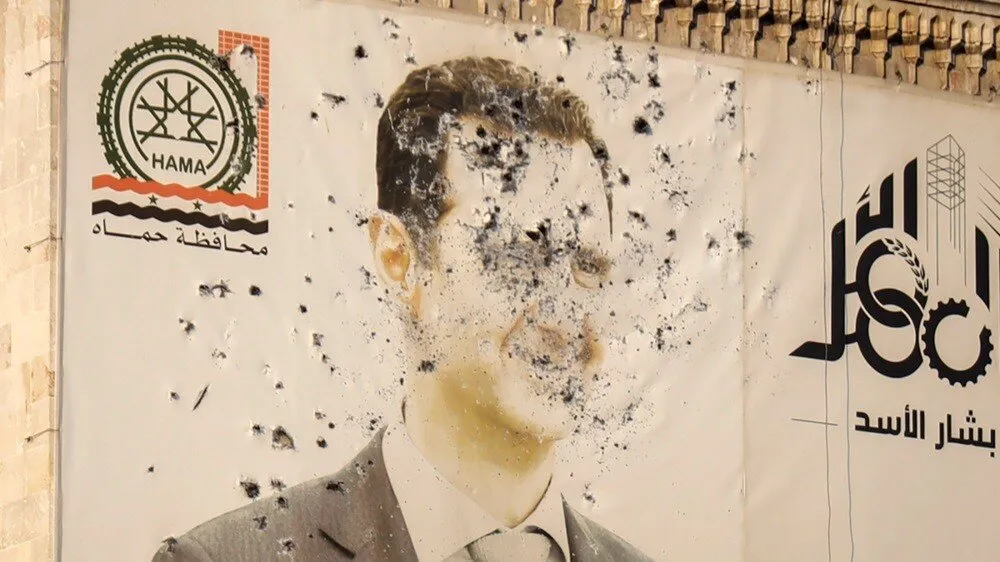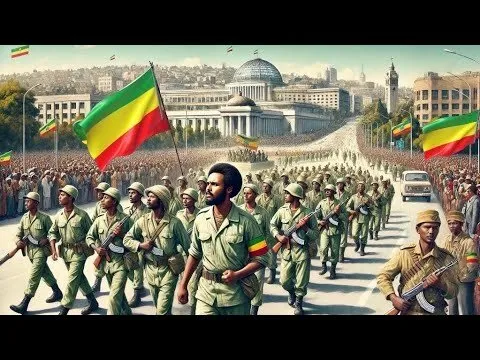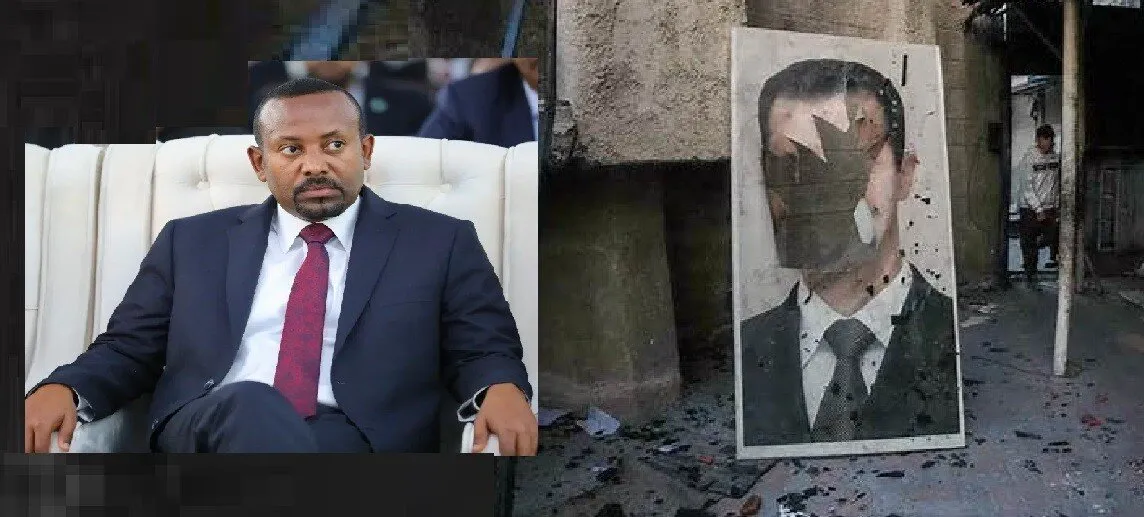By Eskinder Nega
Entrapment is often a controversial but yet an established component of law enforcement even in democracies. But true to form the controversy is wholly absent in authoritarian countries. Entrapment is embraced with spiteful fervor. It is an elemental attribute of tyranny. But more often than not it is the gullibly innocent rather than the unwary criminally predisposed that end up being ensnared. And no better examples are there than in the ranks of Ethiopia’s enduring political prisoners. From this hapless assemblage have come public “confessions” about alleged terrorist conspiracies.
As goes an excited announcement on public media on Thursday, an exposé about a new round of conspiracy, perhaps with a “confession” which links it to Eritrea, will soon be aired to the nation. No specific date has been set.
And four of nine alleged culprits have already been named by the police. Addressing journalists on Wednesday, Demmelash Gebre-Michael, spokesperson of the Federal Police, confirmed that Zerihun Gebre-Egzabher, chairman of the Ethiopian National Democratic Party (ENDP); Dejene Tefera, member of ENDP ; Woubshet Taye, deputy editor of Awramba ; and Reyot Alemu, columnist of Fethe, were amongst those arrested.
The charge: terrorism.
ENDP is one of Ethiopia’s multitudes of tiny political parties. It has legal standing, and has vied to win seats in local and national elections. But its diminished name recognition has meant that its relevance has been more on the fringes than in the mainstream. This is its first brush with fame. And in the event of Zerihun’s eventual conviction, it could very well secure a place in history as the first political party to be banned by the judiciary.
Unlike the 2005 treason trials, however, when newspapers were notoriously charged, convicted and proscribed as distinct legal entities, the government’s wrath is more circumspect this time, entangling only journalists, Webeshet and Reyot, rather than the entire newspapers they work for.
But be not deluded into thinking that this is an improvement in any sense of the word. The grand design has not been altered. The commitment to a one party state is as unyielding as ever. Only the threat has changed. While it was on the verge of overwhelming the EPRDF in 2005 it is only latent in 2011. There is no need for widespread clampdown yet; simply cultivating a climate of fear may suffice to deter it from growing in to an existential threat.
And in well-publicized applications of the dreaded anti-terrorism law lies the perfect means to stretch fear to its furthest limit. Already, rumors of pending arrests of journalists and members of the opposition are rife on the grapevine. The danger seems so obvious that some are being counseled by family and friends to leave the country. Many more live with the anxiety of an uncertain future. Raw fear is in the air. And journalists have been affected the most.
The popular understanding of terrorism in much of the world is that of any act which deliberately victimizes members of the public. But most legal definitions also incorporate politically motivated damages to private and public properties within the same realm. The UN defines it informally as, “(all) criminal acts intended or calculated to provoke a state of terror in the general public.” American law identifies it as, “(any) premeditated, politically motivated violence perpetrated against noncombatant targets.”
But in a somewhat fanciful, but plainly futile, attempt to blackmail and stigmatize its opponents, the EPRDF has failed to acknowledge the crucial distinction between violence against civilians and armed insurrection. This calculated shortcoming has unavoidably politicized the issue of terrorism both in the eyes of the public and the regime’s stalwart international partners. And thus the refusal of the Americans, despite strong protestations by the EPRDF, to classify armed Ethiopian groups as terrorists. Virtually no one believes that the EPRDF’s armed opponents pose a terrorist challenge to the nation. The sooner the EPRDF recognizes this, the better for the nation.
As to our colleagues in prison, Webeshet and Reyot, we testify to their commitment to non-violence. No independent journalist has given the charges the benefit of the doubt. And we reaffirm our commitment to peacefully serve the causes of truth, justice and democracy with our writings. We will not be intimidated.
Democracy is humanity’s common destiny. There is no avoiding it whether you are an Eskimo or a Zulu; a Christian or a Muslim; white or black; developed or developing. It is truly universal. And after a long journey, Ethiopia’s encounter with destiny is right around the corner. We are almost there.
We shall be free!
—-
The writer, prominent Ethiopian journalist Eskinder Nega, has been in and out of prison several times while he was editor of one of several newspapers shut down during the 2005 crackdown. After nearly five years of tug-of-war with the ‘system,’ Eskinder, his award-winning wife Serkalem Fassil, and other colleagues have yet to win government permission to return to their jobs in the publishing industry. Email: serk27@gmail.com

